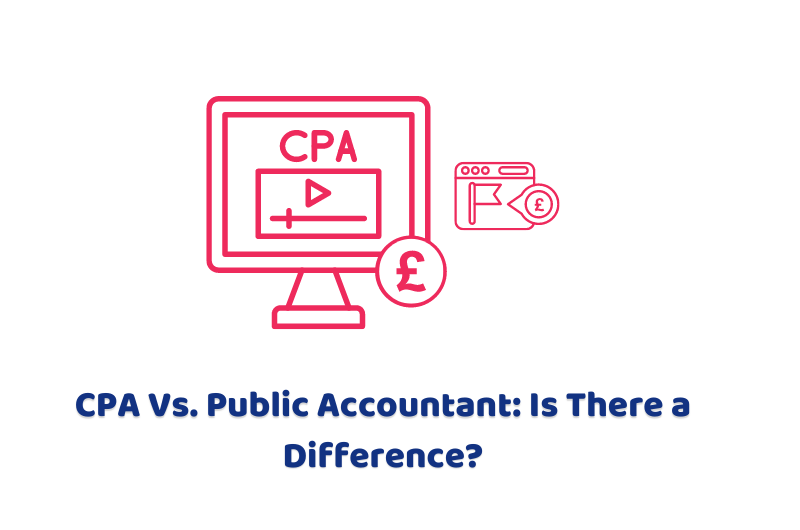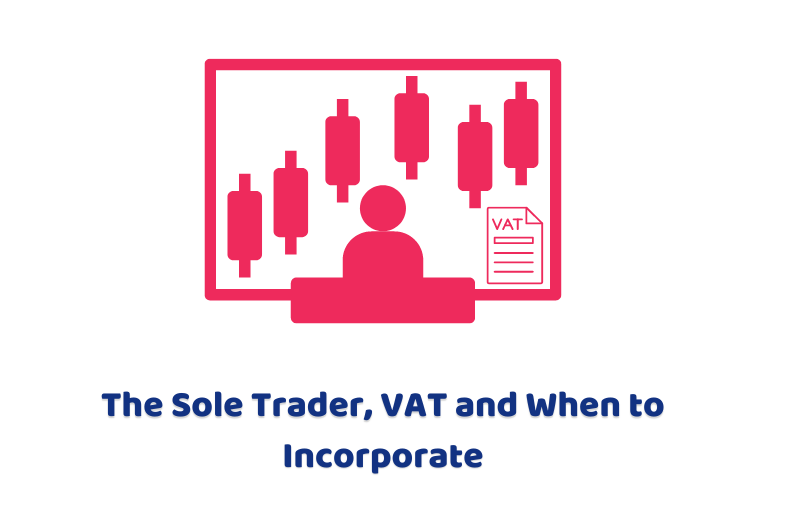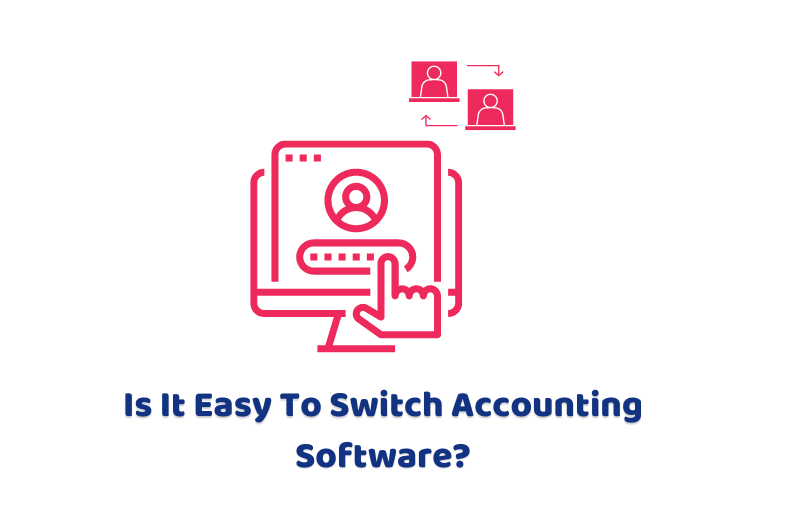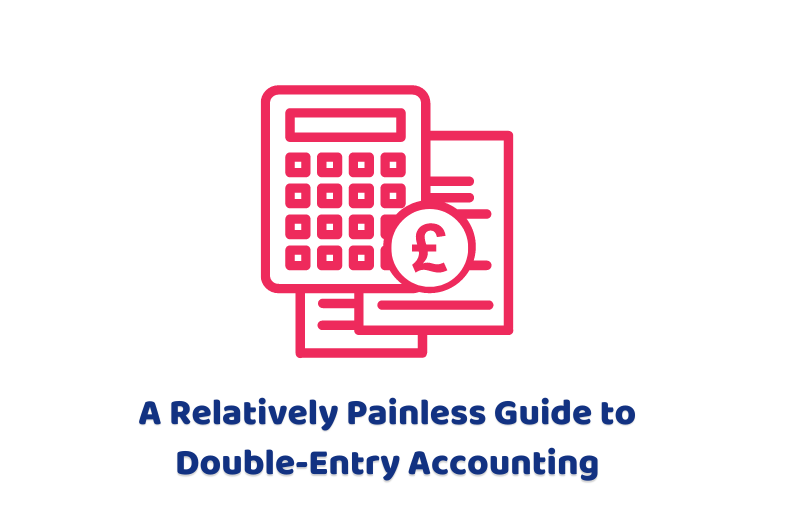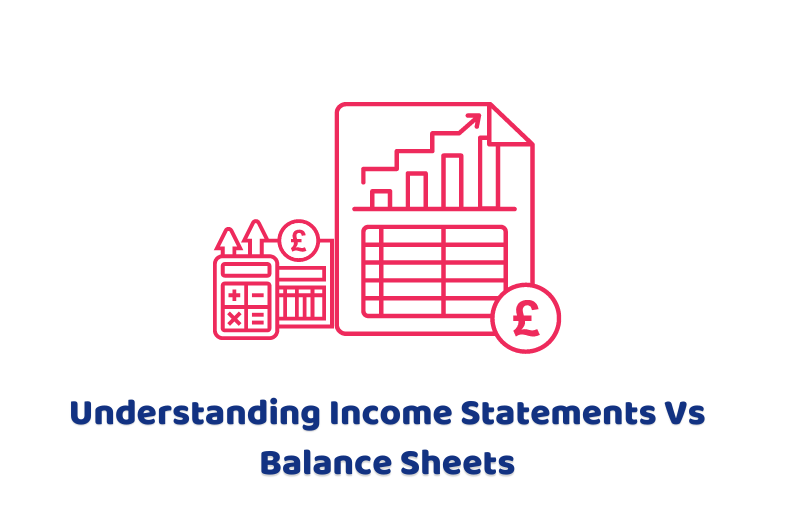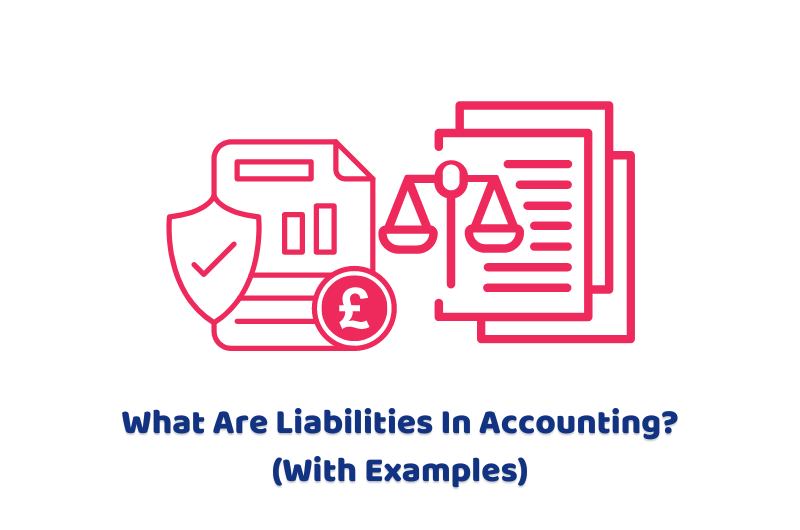CPA Vs. Public Accountant: Is There a Difference?
Whether you are trying to pursue your career in accounting, or finance or you want to hire a financial expert to manage your finances, you might get confused about the CPA vs Public Accountant. If you are really perplexed about these two terms and their role, we have got you covered. Although there are many […]
CPA Vs. Public Accountant: Is There a Difference? Read More »

